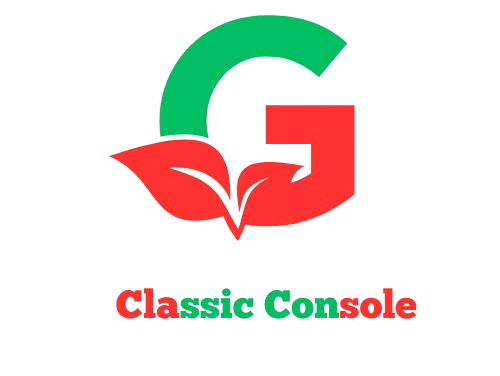Palestinian products are not only valuable commodities but also hold cultural and historical significance that represents the resilience, creativity, and spirit of the Palestinian people. Each product, whether traditional or contemporary, is an embodiment of the Palestinian identity and a testament to the enduring connection to their land. Supporting Palestinian products palestinian products helps preserve these rich traditions, empowers local artisans, and raises awareness about the challenges faced by Palestinian communities. From handmade crafts to agricultural products, Palestinian items provide a unique and meaningful way to engage with the culture while making a positive impact.
One of the most iconic Palestinian products is tatreez, a traditional form of embroidery that has been practiced for centuries by Palestinian women. This intricate craft is more than just a decorative art—it is a symbol of heritage, family, and identity. Each pattern in tatreez is unique, often representing specific regions, villages, or even family histories. The embroidery is typically used to embellish the thobe, a traditional Palestinian dress worn by women, but has also found its way into various accessories such as scarves, bags, and pillows. By purchasing tatreez products, individuals not only acquire a piece of Palestinian art but also contribute to the preservation of this traditional craft and support the livelihoods of women artisans.
Olive oil is another significant Palestinian product that is deeply intertwined with the land and culture. Olive trees have been cultivated in Palestine for thousands of years, and the olive oil produced from these ancient trees is renowned for its superior quality and rich flavor. Olive oil plays an essential role in Palestinian cuisine and daily life, and it is also used in religious and cultural rituals. The production of olive oil is a vital part of Palestinian agriculture, and supporting Palestinian olive oil producers ensures the continued sustainability of this tradition. By buying Palestinian olive oil, consumers not only enjoy a high-quality product but also help support local farmers who depend on the olive harvest for their livelihoods.
The keffiyeh, a traditional Palestinian scarf, is one of the most recognizable symbols of Palestinian identity and resistance. Worn originally by Palestinian farmers to protect themselves from the sun and dust, the keffiyeh has become a global symbol of solidarity with the Palestinian people. The scarf, with its distinctive checkered patterns in black and white or red and white, is worn as a statement of support for Palestine and as a symbol of resistance against occupation. The keffiyeh has found its way into modern fashion, appearing on clothing, accessories, and even home décor. By purchasing a keffiyeh or related products, individuals can show their solidarity with Palestine and contribute to raising awareness about the ongoing struggle for freedom and justice.
Olive wood products, particularly from Bethlehem, are another cherished Palestinian craft. These handcrafted items, including religious icons, crosses, and decorative sculptures, are made from the wood of ancient olive trees. Olive wood holds significant cultural and spiritual value in Palestine, making these products more than just decorative pieces. Each olive wood carving is a reflection of the Palestinian connection to their land and their faith. Supporting Palestinian artisans who create these works of art helps sustain a vital craft that has been passed down through generations, while also promoting Palestinian culture.
In addition to traditional crafts, Palestinian products also include modern items such as fashion, art, and literature. Palestinian fashion designers are incorporating traditional elements like tatreez into contemporary styles, creating a fusion of old and new that celebrates Palestinian culture. Palestinian artists and writers are also gaining recognition for their work, which often explores themes of resistance, identity, and exile. By supporting Palestinian art, literature, and fashion, individuals can engage with and amplify Palestinian voices while contributing to the global cultural landscape.
Pottery, another long-standing Palestinian tradition, is also an important product. Palestinian pottery is often hand-painted with intricate designs that reflect the beauty of the region, its people, and their culture. These items, whether functional or decorative, showcase the craftsmanship and creativity of Palestinian artisans. Supporting Palestinian pottery helps ensure that this ancient craft continues to thrive and provides essential income to local artisans.
In conclusion, Palestinian products are much more than just material goods—they are symbols of culture, identity, and resilience. From the intricate embroidery of tatreez to the world-renowned olive oil and the iconic keffiyeh, these products reflect the richness of Palestinian heritage and the enduring spirit of the Palestinian people. By supporting Palestinian products, individuals not only acquire beautiful, handcrafted items but also contribute to the preservation of traditional crafts, support local artisans, and stand in solidarity with Palestine. Each product tells a story of strength, resilience, and the ongoing fight for justice, making them meaningful additions to any collection.
